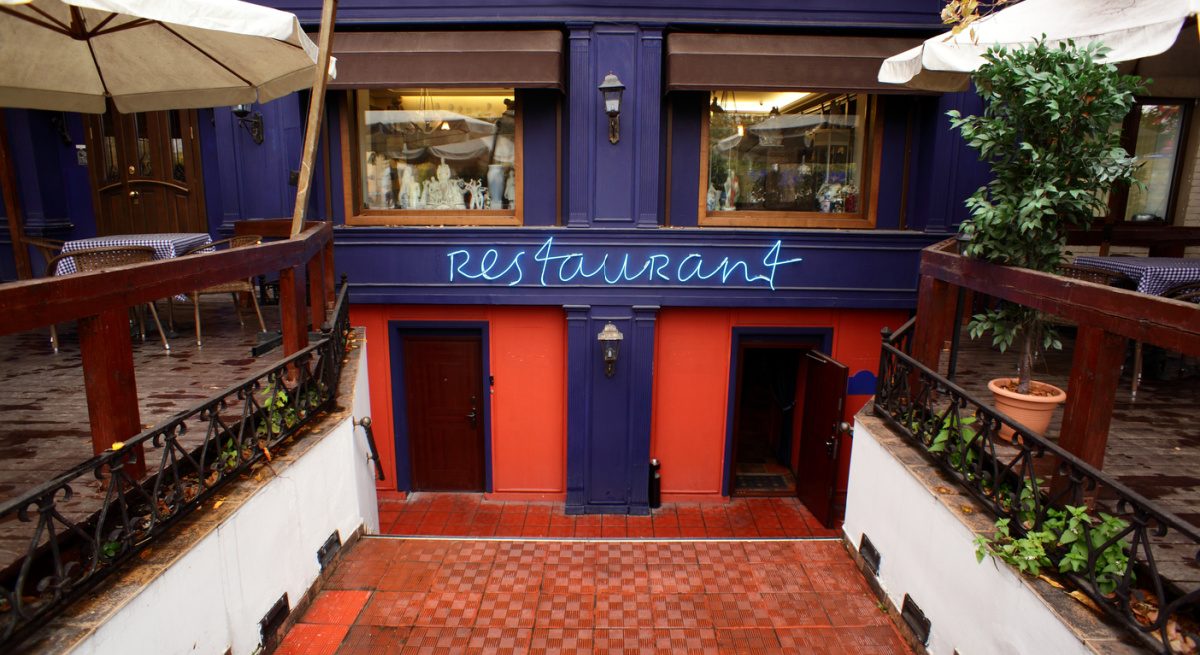Owning a Restaurant: Pros and Cons of Buying vs Renting
4 Min Read By James Durr
If you’re in the process of searching for a site in which to open a restaurant – or if you wish to move or expand your existing business to an additional location – it’s important to consider whether you’ll be buying or renting.
In this article, we look at the pros and cons of both renting and buying to help you decide which approach will be best for your unique venture.
Buying Your Restaurant Premises
Why might you decide to purchase premises for your restaurant? What are the downsides? In this section, we answer both of these questions.
An Investment
Property of any kind can represent a great asset for your business. As time goes by, your premises are likely to grow in value – particularly if you maintain them well and develop or extend them.
What’s more, if you decide to vacate and move to a different location or close down completely, you may decide to retain ownership of the land or building and rent it out to another business, thus creating a new income stream.
Of course, there is always the risk of a financial crash or a downturn in local property values which may send your business into negative equity. This is something you’ll need to plan for in advance.
Adapt, Adjust and Extend
As the owner of your premises, you can usually do much more in terms of changing their interior and exterior appearance and improving their facilities than you could if you were renting.
This can include extending a building to seat more covers, or opening an outside space (in adherence with local noise restrictions, of course). The capacity to do this may remove the need to relocate to a larger building as your business grows.
You will also be able to implement changes and install new equipment much faster than would be possible if you needed to wait for a landlord’s permission.
It’s worth noting that many changes to commercial structures or land will require you to apply for building permits beforehand – the success of which is never completely assured.
For this reason, it’s a good idea to check with your local authority to find out whether certain required changes will be permitted before committing to the purchase of new premises for your restaurant.
Hours of Operation
You may have more flexibility in terms of your permitted hours of operation and the type of events you can hold in your restaurant if you are not beholden to a strict contract with a landlord.
Of course, you will also have an obligation to the laws of the particular city or area in which your restaurant is based – so it’s always best to undertake in-depth research before you make any decisions.
A Sense of Permanence
Depending on their reasoning, and as long as they follow the correct procedures regarding notice, a landlord may be able to request that you vacate your premises at any time.
Owning the premises, however, removes this risk and means that any move, change or closure is up to you and you alone.
Renting Your Restaurant Premises
How does renting premises for your restaurant compare with owning them outright? Read on to find out.
Less Capital Required Up Front
You may be able to open your restaurant sooner by renting the building rather than purchasing it, as you generally won’t need to spend as much time raising a significant amount of capital for a deposit and legal fees.
You may be required to pay a certain number of months’ rent up front, however.
Of course, the money you pay in rent will go towards an asset that is not your own but your landlord’s, so you won’t be building equity as you would if you owned the premises.
Lower Risk
You’ll need to check for the specifics in your rental contract, but it’s usually the landlord’s responsibility to make sure that all insurances are in place when letting out premises to a business.
The costs involved will then be passed on to the business owner – whether as a part of the rental fee or separately – but this represents a significant level of administration that will no longer be on your shoulders.
Usually, your landlord will also be liable for matters such as maintenance, damage repair and health and safety. This will make life a lot easier for you, and will afford you greater peace of mind, allowing you to focus more on the day to day running of your business.
Easier Money Management
Cash flow management is one of the biggest challenges when running a restaurant. In many cases, mortgage payments may go up or down month on month according to current interest rates.
However, depending on the length and nature of your contract, the cost of renting your premises will be fixed for a pre-agreed period of time, making it easier for you to factor it into your balance sheets.
By law, you should receive sufficient notice if your landlord decides to raise the rent – giving you time to adjust your accounts accordingly.
No Lengthy Sale Process
If the time comes for you to either close down or move elsewhere, the process of giving up premises will usually be much easier for tenants than for owners.
If you own, you’ll need to go through the steps of putting the building or land up for sale and waiting for a buyer to express interest, all the while running the risk of them dropping out part-way through.
You’ll need to find the funds to pay all relevant legal and realtor fees, too.
On the other hand, if you rent, you should simply be able to give your landlord suitable notice, pay any outstanding fees and then pack up and leave when the time is right.
As is evidenced from the information above, there is no clear answer to the question “should I own or rent my restaurant premises?”
Depending on your specific circumstances, one approach may clearly outweigh another when comparing your options – but it won’t necessarily be totally clear cut. If you’re not sure whether buying or renting is best for your business, it may be best to speak with your accountant or with a commercial real estate specialist to help you make the decision.


